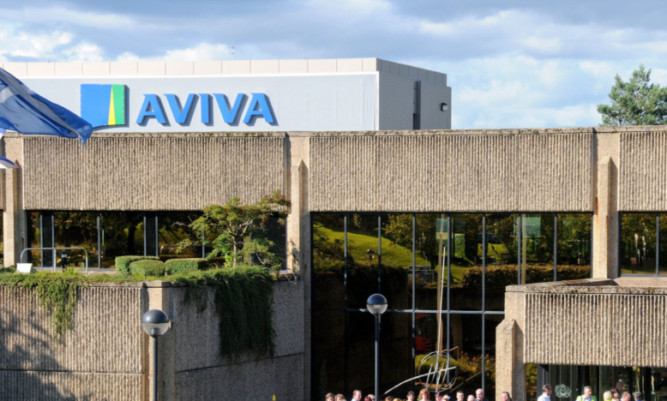Investors have deserted Aviva after the insurance giant booked a loss of more than £3 billion and announced plans to cut its dividend by more than a quarter.
The troubled firm, which is in the midst of a complex turnaround plan launched in May last year, announced that after-tax losses during 2012 amounted to a £3.11bn turnaround on last year’s £60m profit.
It said the headline-grabbing performance was primarily driven by a £3.3bn write-down on the sale of its American business in November, but added its economic capital surplus had more than doubled to £7.1bn.
The group identified its twin priorities as reducing debt and boosting cash flow, and said it had reduced its annual dividend by 7p to 19p a share in an effort to “increase retained earnings” as it continues its overhaul.
Executive directors will not be paid bonuses for a 2012 performance which company chairman John McFarlane said did not warrant them, while senior managers will not pick up pay rises in 2013.
Chief executive Mark Wilson said the year had marked a “period of transition” for the group, which was rocked by shareholder anger last spring over performance and pay deals for former chief executive Andrew Moss.
“There has been solid progress against the turnaround plan set out last year,” Mr Wilson said. “Our capital strength has improved materially and we have completed the vast proportion of the disposal programme.
“We have made progress reducing costs and we also have a strong new management team in place.”
Mr Wilson said operating profit levels were “healthy” across Aviva’s major divisions, especially in the UK, France and Canada, and he was determined to create a simpler business with a robust balance sheet and sustainable cash flows.
“The rebasing of the dividend and the elimination of the dilutive scrip is about giving certainty to shareholders, reducing debt, and putting Aviva in a sound position for the future,” he said. “This is the right course of action.”
The company, which employs about 1,400 people at its base at Pitheavlis in Perth, said it had made significant disposals in the US, Malaysia, Sri Lanka and Russia, and had made cash savings of £275m as it continues efforts to focus on a turnaround in core markets and exit as many as 16 less profitable ones.
Mr McFarlane hailed the pace of the transformation and said he regretted that the reduction of the dividend had been “necessary”.
“The need to ensure that the current and future dividend is sustainable and covered by operating cash generation is fundamental,” he said.
“The broad transformation of the group in the midst of continuing economic uncertainty also requires that we maintain and grow the level and flexibility of capital and liquid resources.”
Group-wide pre-tax operating profits fell 10% to £1.88bn, excluding contributions from discontinued operations but including a £122m share from hived off associate business Delta Lloyd.
Restructuring costs on continuing operations reached £461m, with after-tax losses on the same measure reaching £202m.
Shares slipped 15% in early trading yesterday, wiping £1.5bn off the company’s market value.
Analysts at Panmure Gordon downgraded their hopes for the company, with Barrie Cornes saying the market would be “rightly disappointed” at the dividend cut.
business@thecourier.co.uk
